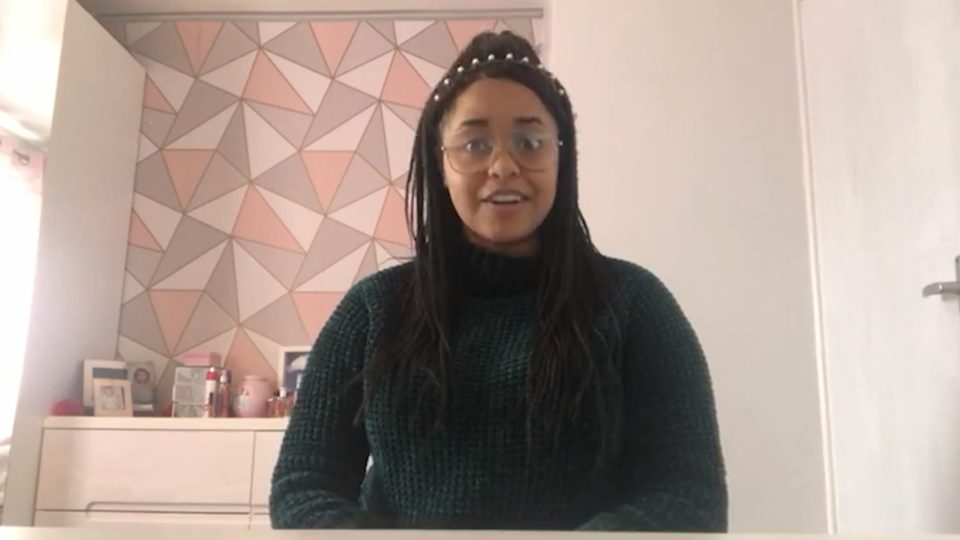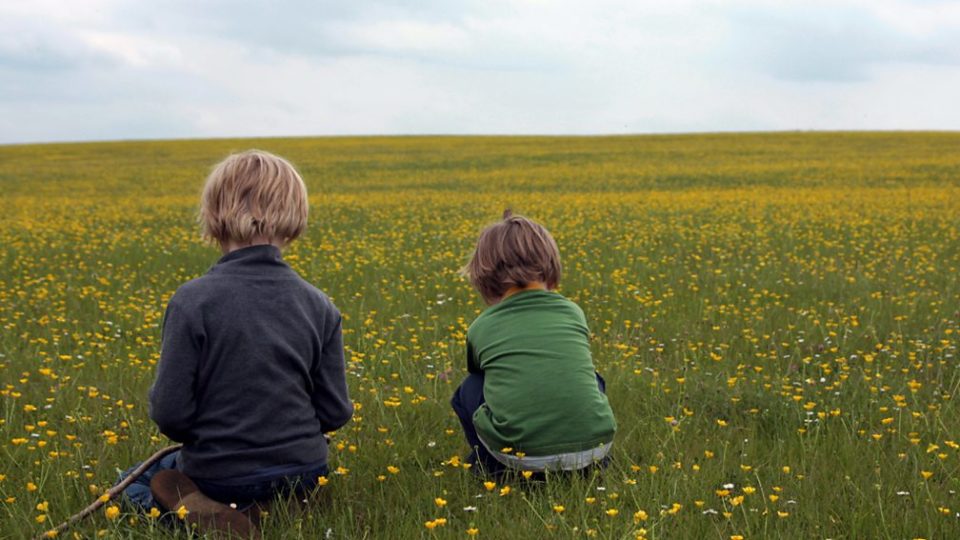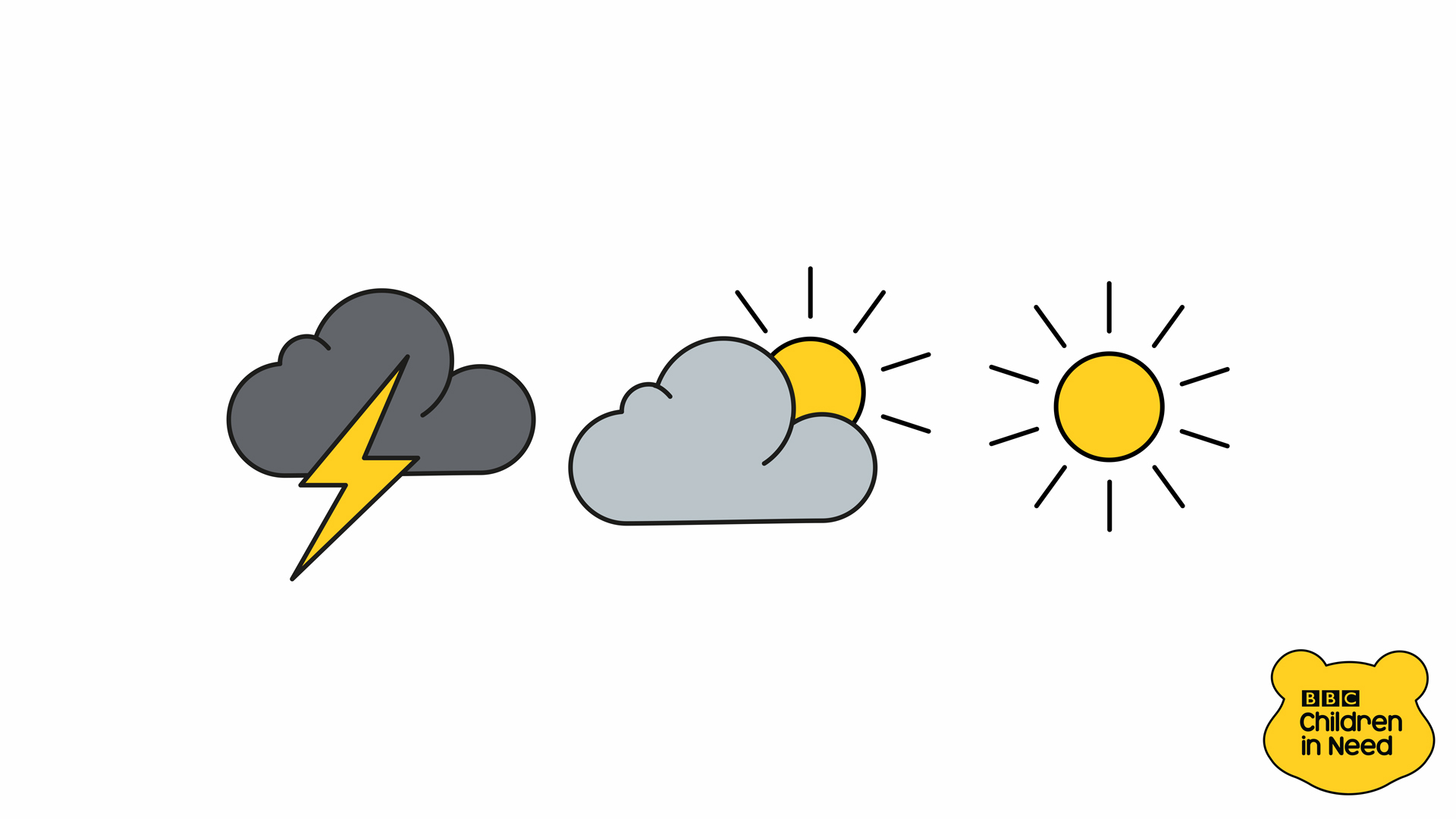
Grief in Lockdown (Leicester)
Following the death of their daughter, Laura, from Leukaemia, Gail and Harry Moore set up The Laura Centre, Leicester in 1991. Originally providing therapeutic support to anyone bereaved of a child or young person. In 1994, the service was extended to include support for children bereaved of a parent or carer. The Laura Centre saw 80 people in the first year it opened and has steadily grown since. They currently support more than 400 people every year. BBC Children in Need currently support bereavement counselling for children and young people at The Laura Centre.
Lisa Patel, Director of Clinical Services, tells us how the pandemic has impacted on the mental health of the youngsters she works with.
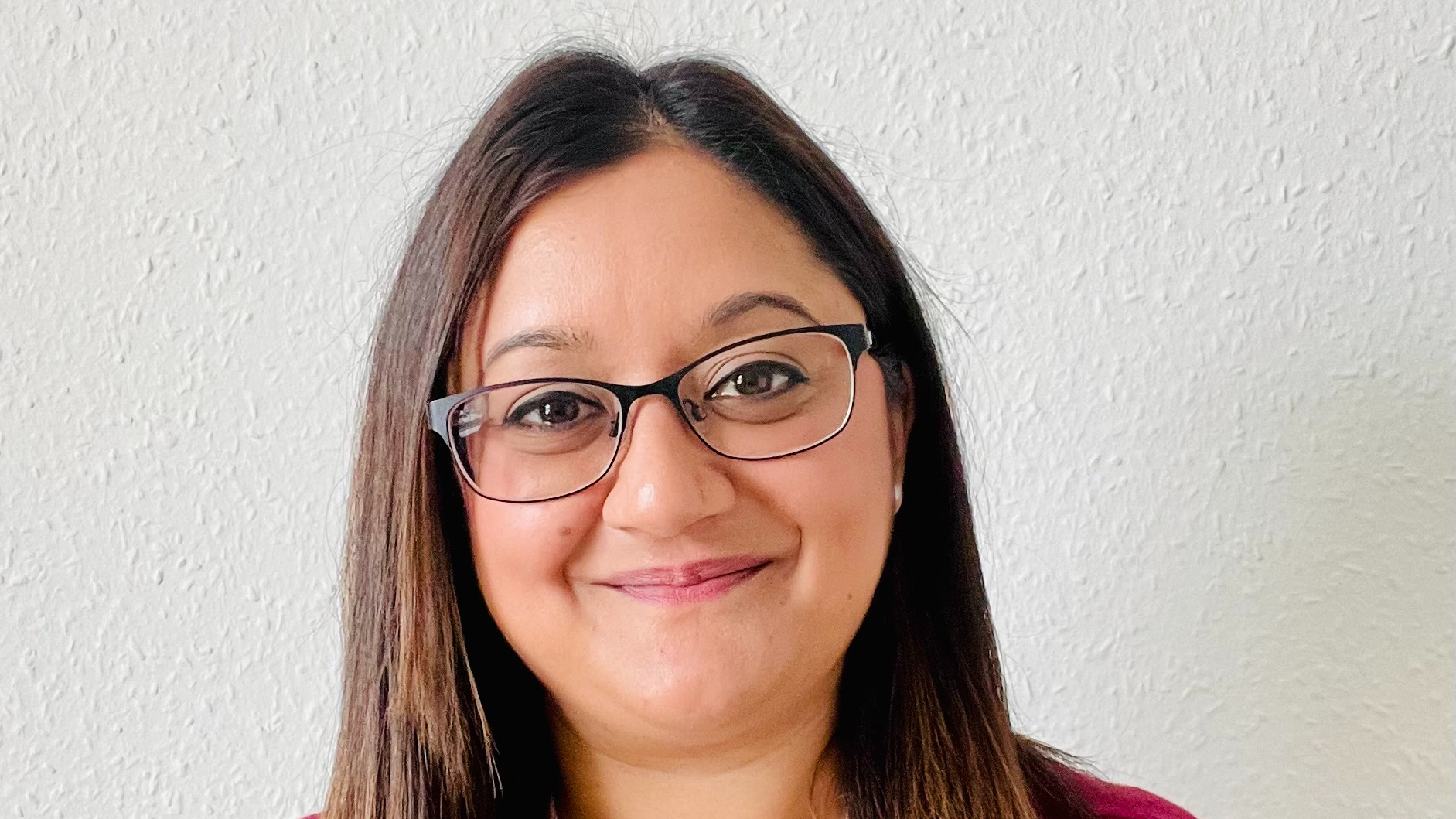
It is quite clear to see that this last 15 months have been difficult for everyone. We all had to respond to the news of the pandemic very quickly, with no time to process or think through what we were really doing. This was difficult enough for adults who had some understanding of the situation, but it was worse for children and young people who had no control in the decisions that were being made for them, decisions that were going to have a long-term impact on their futures.
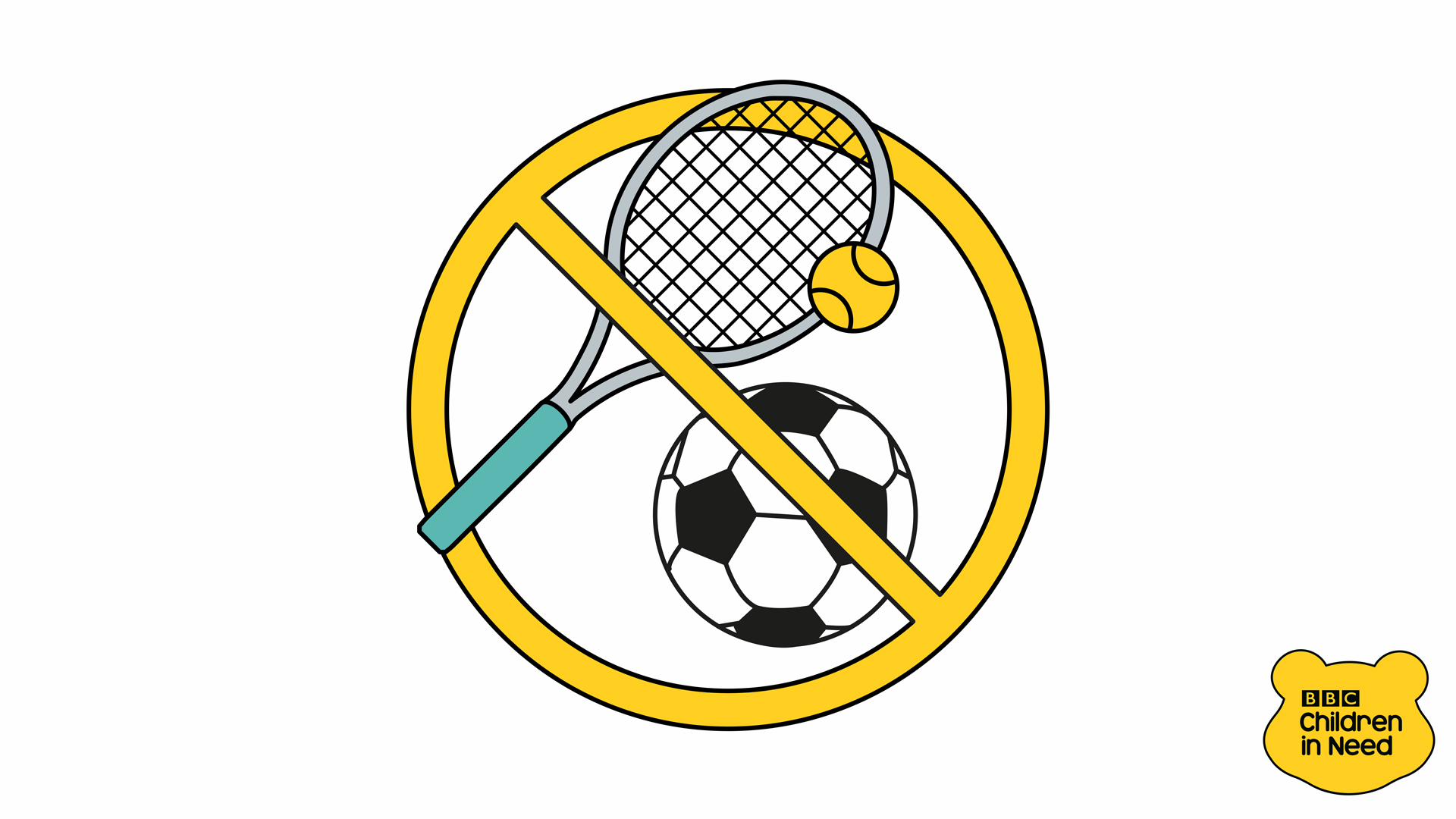
While working as a bereavement counsellor during this pandemic, I have noticed two extremes among young people. The first group of young people were actually thriving during the lockdown as all the things that were making them anxious, stressed or depressed were taken away i.e., school, bullies, crowds, exam pressures etc. However, on the other side of this were all the other young people who had all their everyday coping strategies or support systems taken away from them and were now struggling with their mental health. These things such as after school clubs, team sports, days out with friends etc, are all things that help to enrich young people’s live but also, they help them to cope with every day stressors. Therefore, when we went into lockdown and were constantly bombarded with stressful updates from the media, young people had no outlets to manage their emotions and some young people saw a decline in their mental health. For older children, they also had the added uncertainty of what their futures may look like with their lack of education and their inability to take part in important exams such as GCSEs and A-Levels. This added uncertainty increased or even created levels of anxiety and stress within young people.
It is also important to remember that not everyone was living in a safe and stable family environment. All those young people who used school as an escape, no longer had this outlet and were stuck in very difficult situations with next to no support, and those who were able to access support such as
counselling, were not always able to find a safe and confidential place in their homes to express safely what they were experiencing and feeling.
In terms of those who were already grieving when the pandemic hit, the lockdown made their grief worse or caused some young people to move backwards in their recovery. One of the main things we recommend to people after a loss is to try to stick to their normal routines as much as they can as this will help them to manage their grief feelings. However, when the pandemic hit, everyone’s lives were turned upside down and those already struggling with their grief were impacted with another loss, the loss of their normal lives. Some young people even struggled in their homes as this was where their loved one had died or it was the place that reminded them the most of this person and now there was no escape or relief from this loss. They were painfully confronted with it every day.
However, it is not all doom and gloom and I want to acknowledge all those young people who also worked hard on making the best of this difficult situation. There were so many young people who picked up new hobbies such as baking or learning to play an instrument, some found new ways of enjoying time with friends and others found ways of making the most of the outdoors.

With the introduction of vaccines, lessening of government restrictions and more things going back to normal, we can finally see an end to this difficult 15 months. However, it does not mean that our mental health will magically recover. It is important that we continue to or start to look after ourselves. We can do this in a variety of ways from looking after our physical health by eating well and getting enough sleep to specially doing things to improve our mental health such as being creative, taking time to talk and connect to others and generally taking the time out to do something we enjoy that helps to recharge and nourish our mental health.
